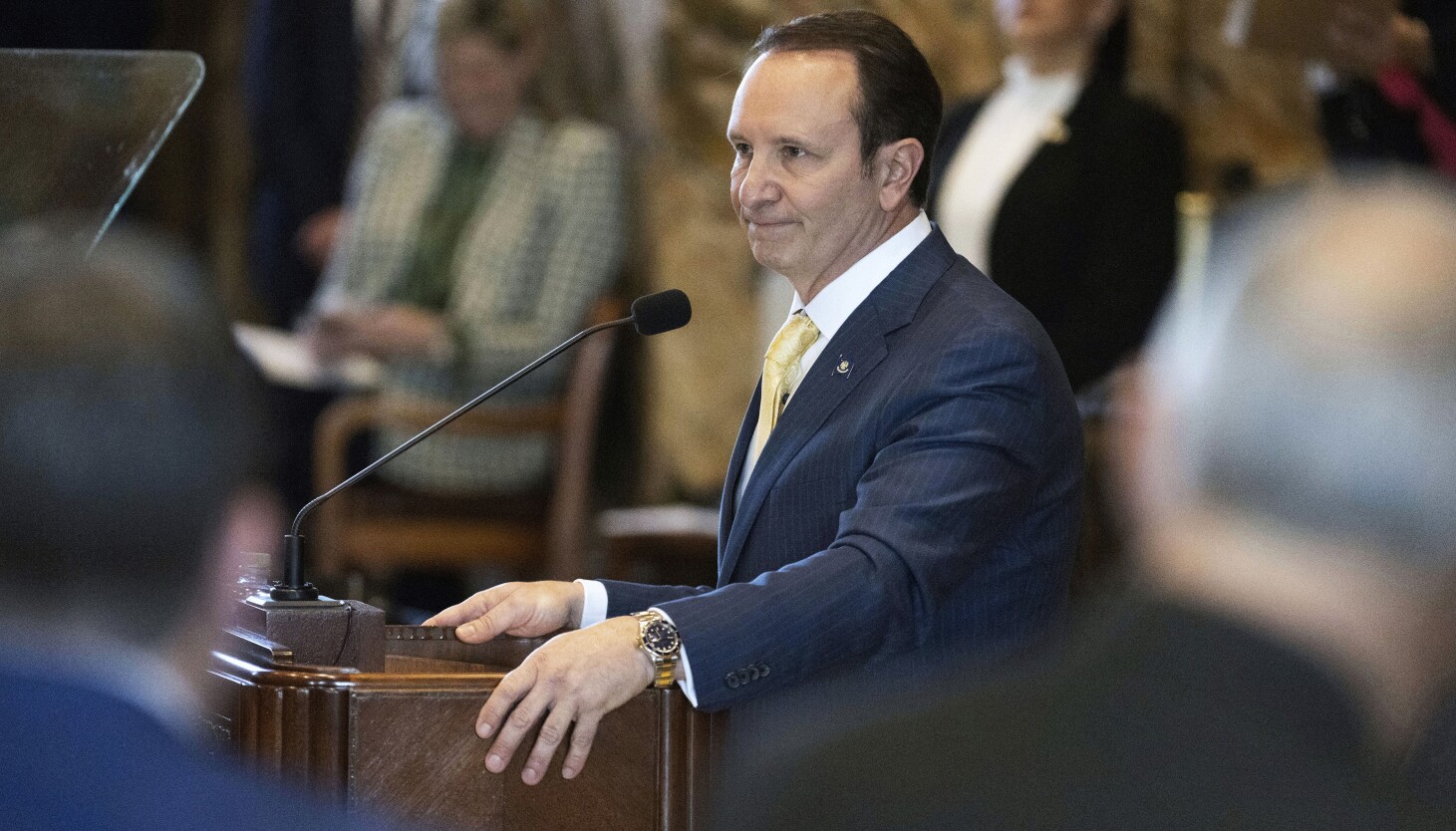Few Americans are familiar with the 17th century Anglican priest Titus Oates or the fictional conspiracy to murder King Charles II, known as the Popish Plot, that he concocted. Oates’ brutal sentence for perjury in 1685 is partly the reason the Eighth Amendment to the U.S. Constitution prohibits “cruel and unusual punishments.”
A barbaric proposal passed by the Louisiana legislature that would allow judges to sentence certain sex offenders to surgical castration certainly raises the question of cruel and unusual punishment. If Gov. Jeff Landry signs the bill, it almost certainly will be challenged on those grounds.
But there’s a larger reason why the bill evokes the tragic tale of Titus Oakes and the Popish Plot. Oates’ lies led directly to the executions of dozens of innocent people.
Child sexual abuse, a heinous offense with deep and damaging consequences, is the crime with the highest rate of perjury or false accusations. Black people are eight times more likely to be wrongly convicted than a white person for a crime involving sexual violence. Orleans Parish in Louisiana, in particular, has earned the distinction of the wrongful conviction capital of the United States, with 10 times the rate of exonerations than the national average.
The proposal raises the question of whether Catholic priests in the Archdiocese of New Orleans — currently the target of an active child sex-trafficking investigation — would be subject to the draconian punishment.
Like most “tough-on-crime” legislation, the bill will do little to prevent sexual assault or make Louisianans safer in any way. There’s no evidence for the effectiveness of castration, either chemical or surgical, in preventing assault. Researchers have found no cause-and-effect relationship between testosterone levels and sexual offending, while psychological treatment has been shown to reduce recidivism. As the authors of the Vera Institute of Justice report “A New Paradigm for Sentencing in the United States” wrote, “Severe sentences do not deter crime, retribution often does not help survivors of crime heal, and as a rule, we overestimate who presents a current danger to the community.”
Louisiana lawmakers are compiling a dismal record of putting political grandstanding ahead of public safety and fiscal responsibility. Earlier this year, even as violent crime rates were falling, Louisiana repealed successful criminal justice reform measures that had saved the state more than $150 million. The savings were invested in rehabilitative programming, victims’ services, and law enforcement training that further advanced equitable justice and public safety.
At least one group, the National Association for Rational Sexual Offense Laws, is “standing ready” to mount a legal challenge to the bill on constitutional grounds. Louisiana, which ranks ninth in the nation in compensation paid for wrongful convictions, is poised to squander even more taxpayer resources to defend a useless and barbaric law.
Marc H. Morial is president and CEO of the National Urban League and was mayor of New Orleans from 1994 to 2002. He writes a twice-monthly column for the Sun-Times.
Send letters to letters@suntimes.com
